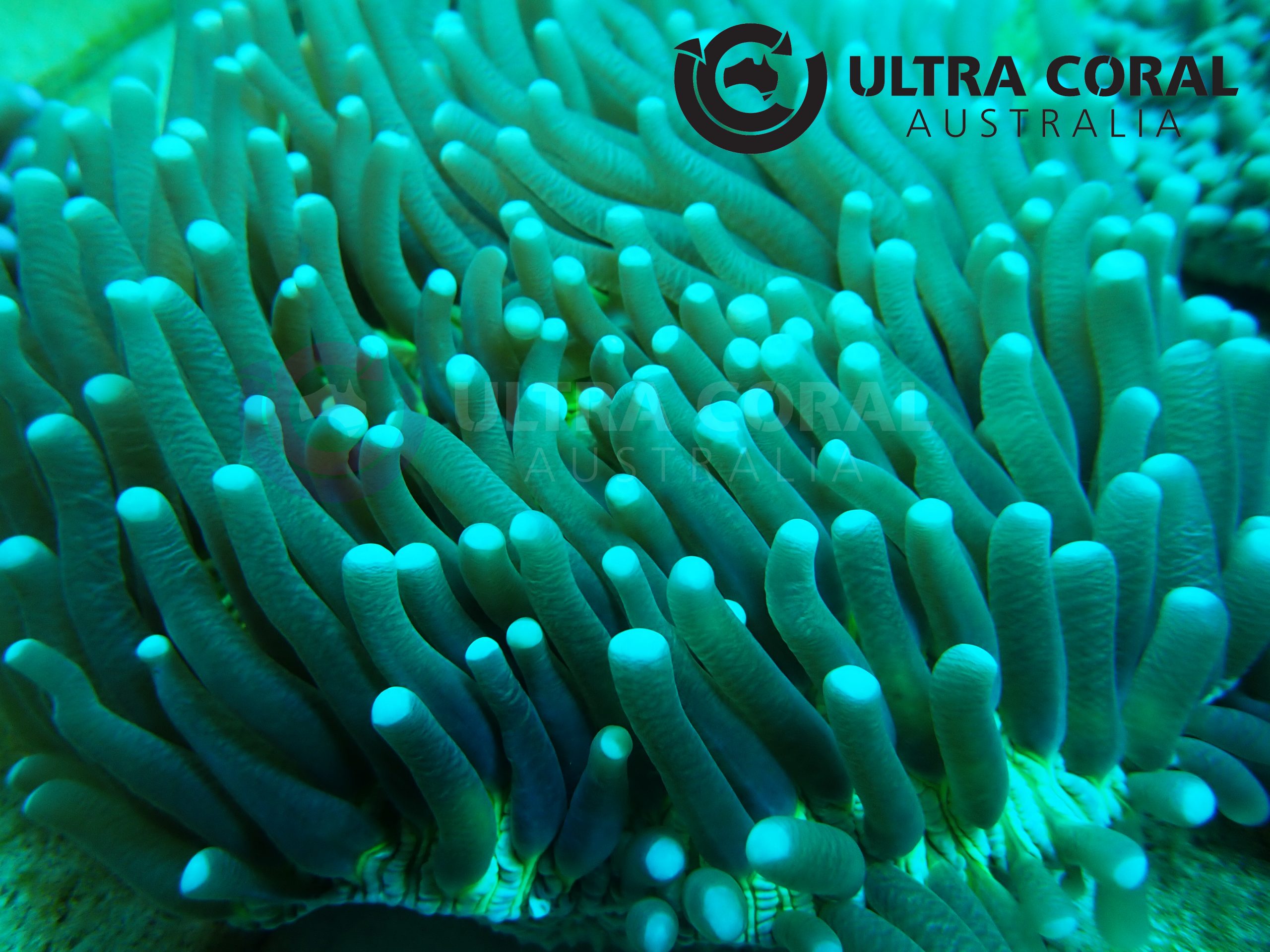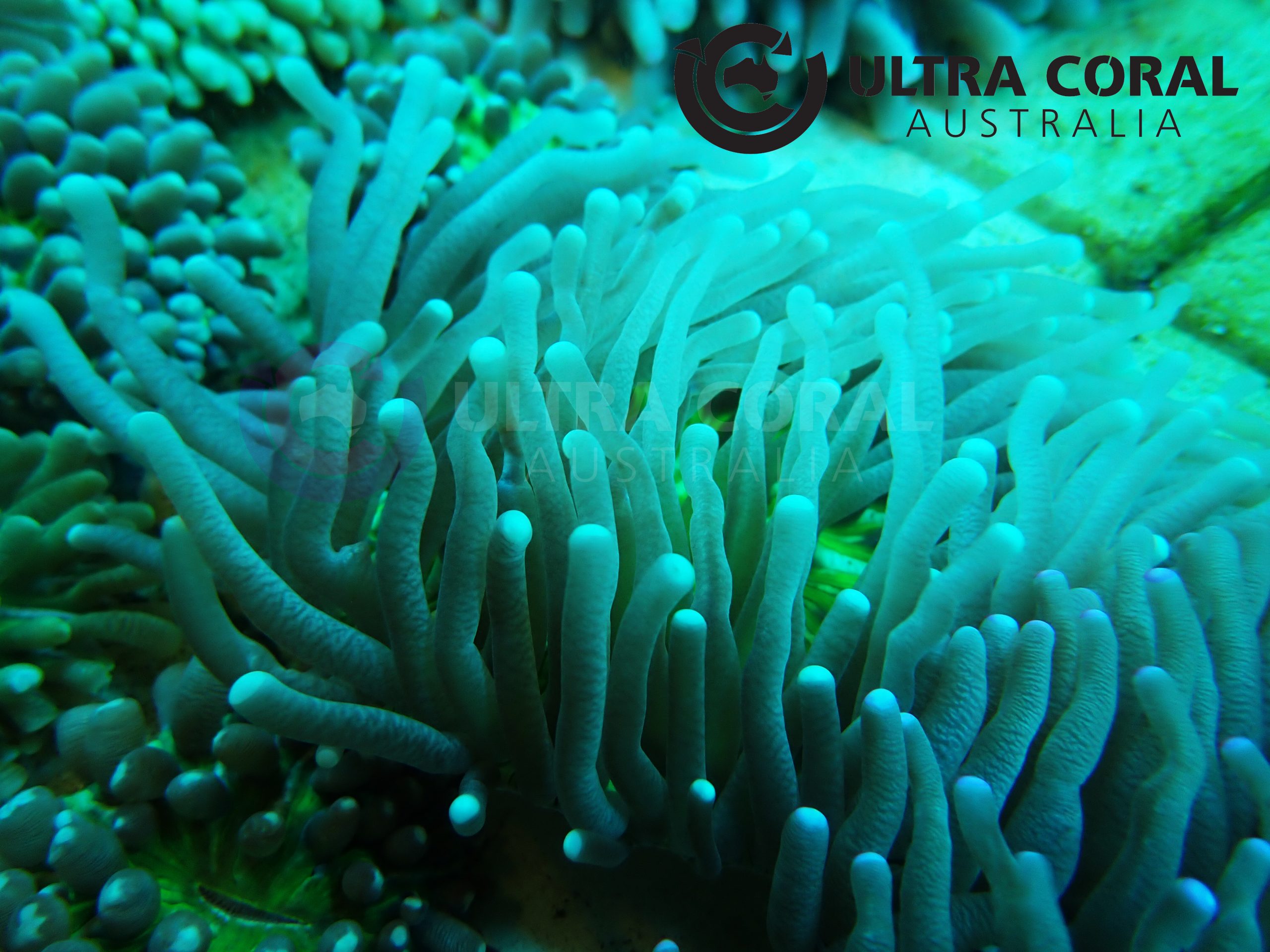Heliofungia Actiniformis

Heliofungia actiniformis is commonly known as the Long Tentacle Plate Coral.
It has a round disk shape like the Disk Coral Fungia sp., yet it is easily distinguished by its large, long tentacles topped with knobby tips.
They are usually brown or olive with white tips, but sometimes are bright green, dark purple, or yellow. Pink tips and solid pink tentacles are also common.
In the wild, Heliofungia normally sits on soft, flat substrates, but they have also been found in the rubble.
They have the ability to ?unbury? themselves in the substrate and right themselves if they are overturned. They do this by filling their tissue with large amounts of water, thus becoming more buoyant.
They can then use the water current as their mode of transportation.
Basic Water Parameters
pH
8.0 to 8.3
Salinity
34 - 36ppt
Temperature
24.0 - 26.0 Celsius
Husbandry Requirements
Lighiting
180+ PAR
Flow
Some turbulence required
Aggressiveness
Has sweeper tentacles and/or an ability to sting some other corals.
Acclimation Guide
- It is highly recommended to acclimate all corals to a new environment to prevent shocking corals.
- Place the corals in the water from the packing bags and slowly add the water from new environment (Dripping method is recommended).
- Use the water parameter above as a guide.
- When the vessel becomes full , replace the water with the new environment water by a small amount at a time.
- Ensure the water temperature matches with the new environment’s water.
- After the corals have spent adequate time in the acclimation water, gently place the corals to a new environment.
- It is recommended to place new corals under lower light intensity than usually required. Once corals show no signs of stress, it can be moved to higher lighting area gradually.”



